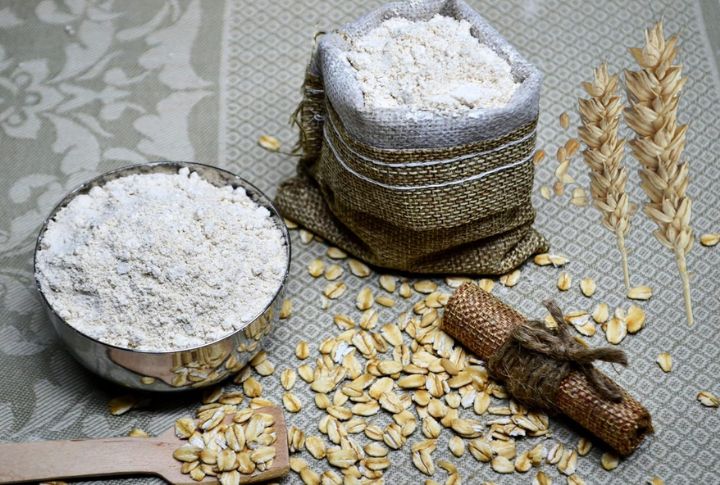
Great sourdough starts with the right flour, and the possibilities go far beyond the basics. Each variety brings its own depth, texture, and unique character to every loaf. Some add a touch of sweetness, others enhance fermentation, and a few create that perfect airy crumb. Explore ten different flours that can take your sourdough to the next level.
Bread Flour

Thanks to its high protein content, bread flour creates the strong gluten networks that give sourdough its signature chew. This strength not only helps trap gas but also leads to those perfectly airy crumbs and a stunning rise that makes sourdough truly impressive.
Whole Wheat Flour
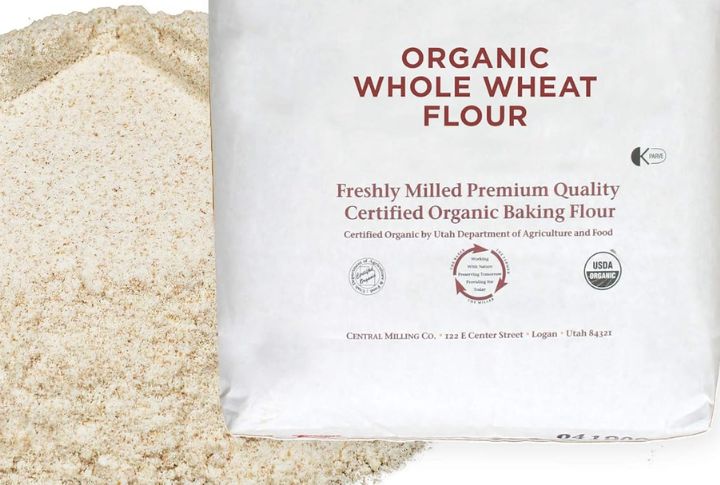
Ancient civilizations turned to stone-milled wheat for hearty, nourishing bread that stood the test of time. Its rich, complex flavor complements long fermentation, resulting in a robust taste. Both traditional bakers and health-conscious enthusiasts love its full-bodied texture and wholesome, natural character.
Rye Flour
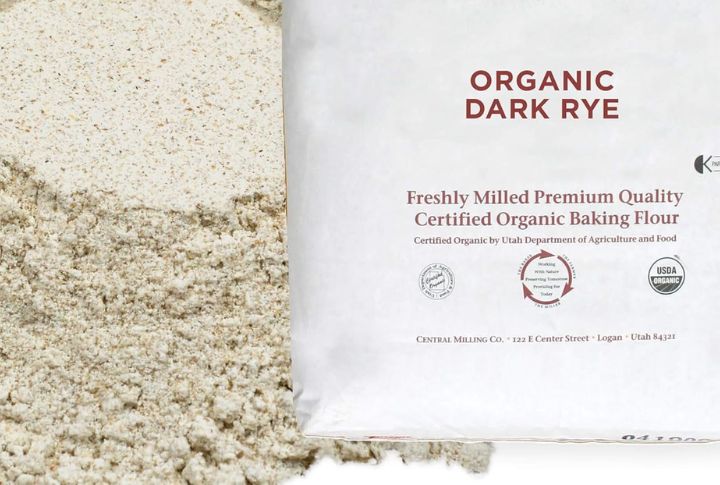
Sourdough thrives on fermentation, and rye flour accelerates that process. With more amylase enzymes than wheat, rye feeds wild yeast efficiently, boosting fermentation. The result? A rich, earthy flavor with deeper notes and a denser, more satisfying crumb.
Triticale Flour
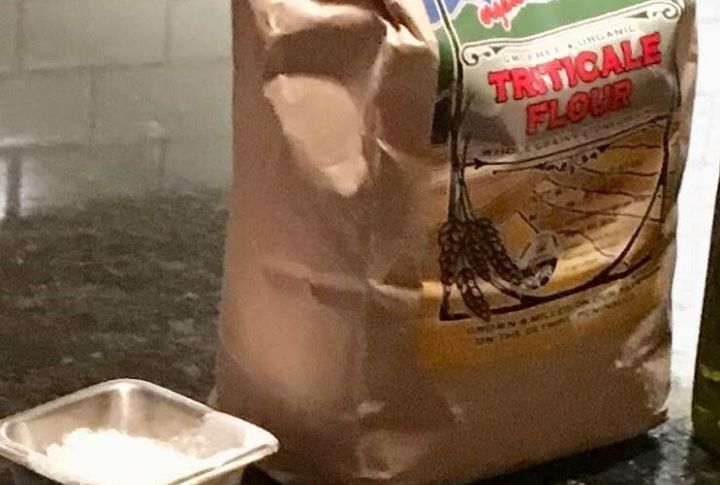
Triticale, a wheat-rye hybrid, delivers the best of both worlds—wheat’s structure with rye’s deep, earthy notes. This unique blend results in sourdough with excellent rise and rich complexity. Also, Triticale contains a balanced mix of proteins, dietary fiber, vitamins, and minerals.
Kamut Flour
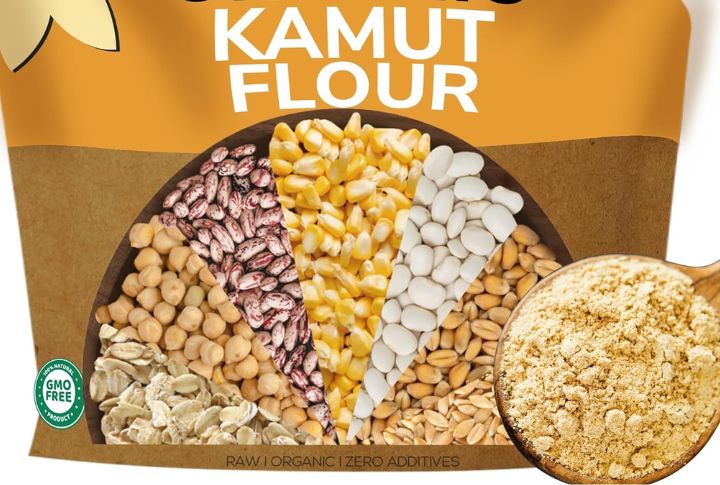
Higher in protein but lower in gluten strength, this flour really comes to life when paired with sturdier varieties. Its smooth digestibility and subtle sweet undertones make it a fantastic, bold addition to any sourdough baker’s repertoire.
Einkorn Flour
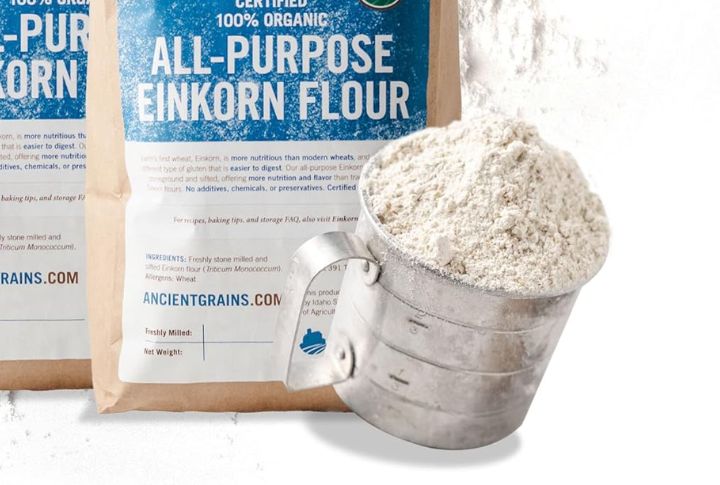
Einkorn, the oldest cultivated wheat, delivers a slightly sweet, nutty profile. Blending it with bread flour ensures structural integrity while maintaining einkorn’s distinct softness. Sourdough bakers seeking complexity should consider incorporating this rare, flavorful grain.
Durum Flour
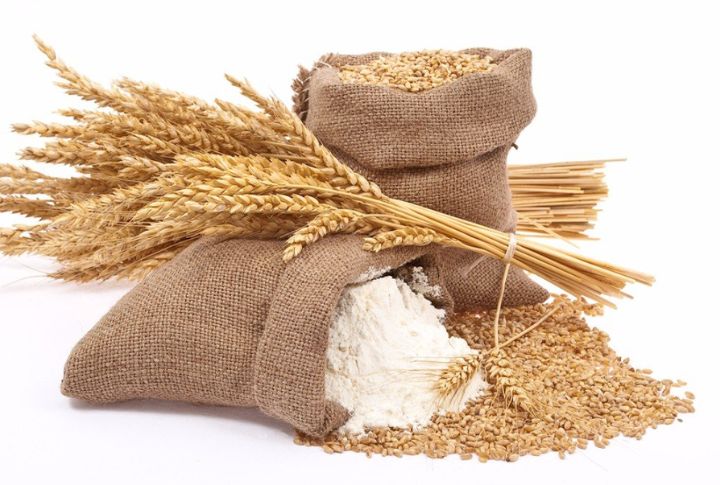
Durum flour offers bakers an affordable way to bring variety to their creations without compromising on texture or fermentation quality. While it’s famous for pasta, durum flour also gives sourdough a firm yet tender crumb, adding a unique twist to your bread.
Emmer Flour
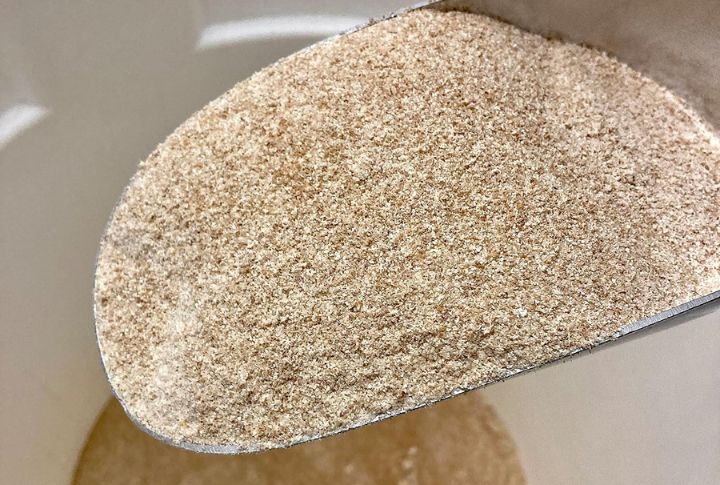
Its rich character truly shines during long fermentations, making it ideal for bakers who enjoy complexity and a deeper sourdough experience. With higher fiber and protein than modern wheat, it creates a hearty, rustic loaf full of flavor and texture.
Buckwheat Flour
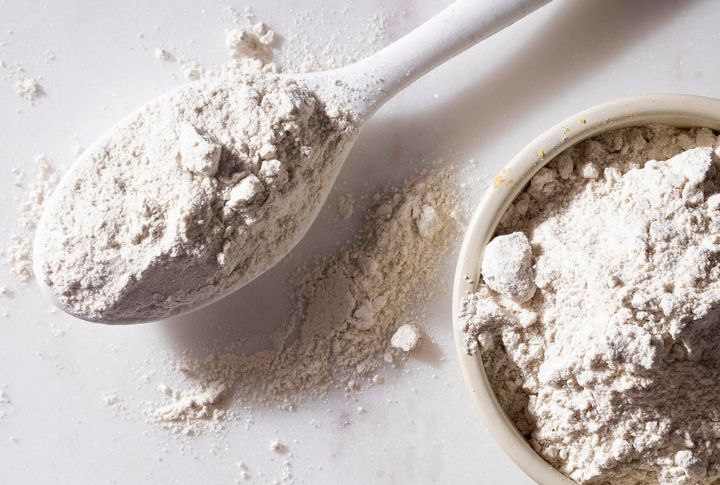
Gluten-free by nature, buckwheat flour challenges the traditional sourdough texture. Too much can weaken structure, but a small percentage boosts flavor and nutrition. Combine it with high-gluten flour to maintain shape while enhancing taste.
Oat Flour
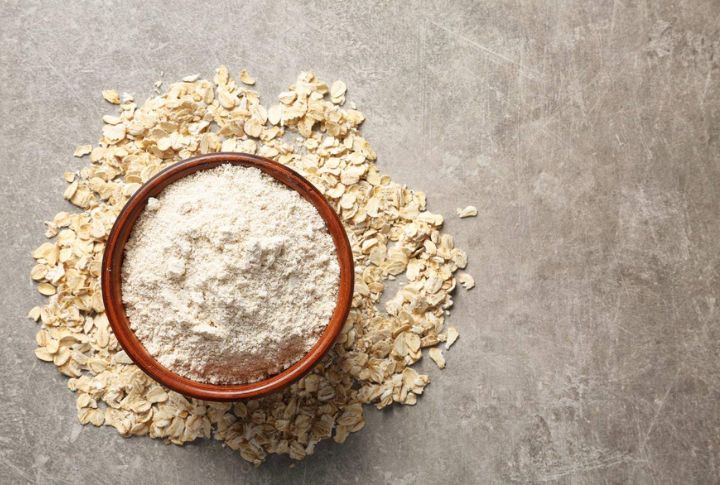
While it may not replace wheat flour entirely, mixing it into dough works wonders by boosting hydration and adding a tender texture. Even a small amount creates a light, airy crumb that delivers that irresistible, comforting, homemade taste.
Leave a comment